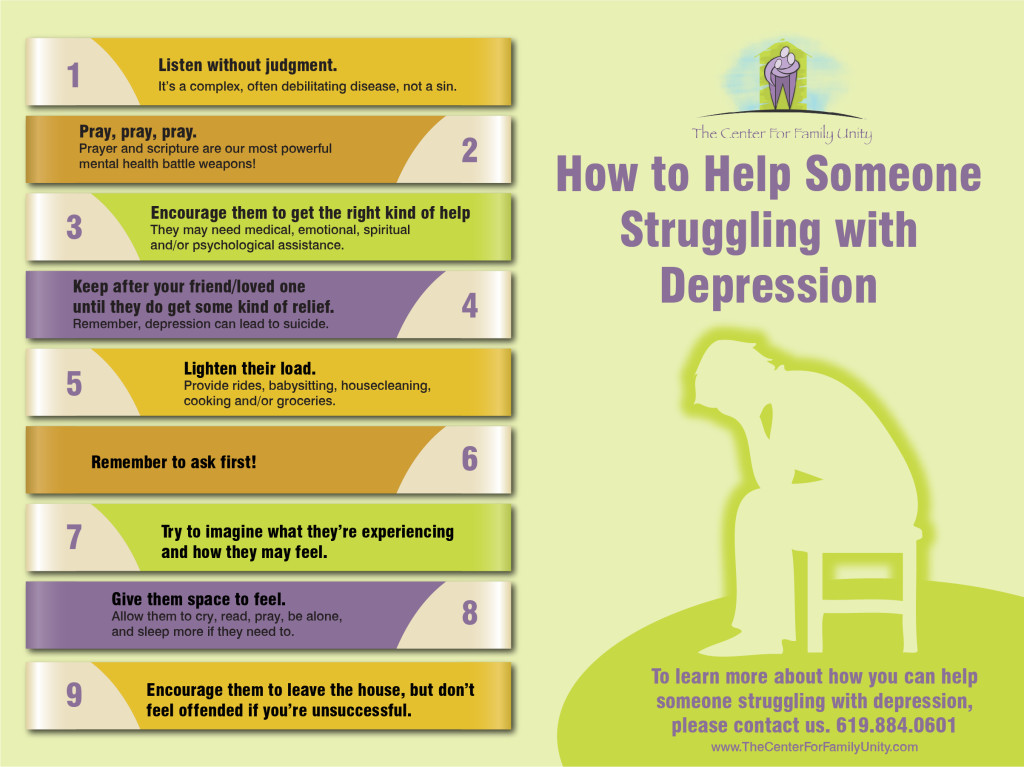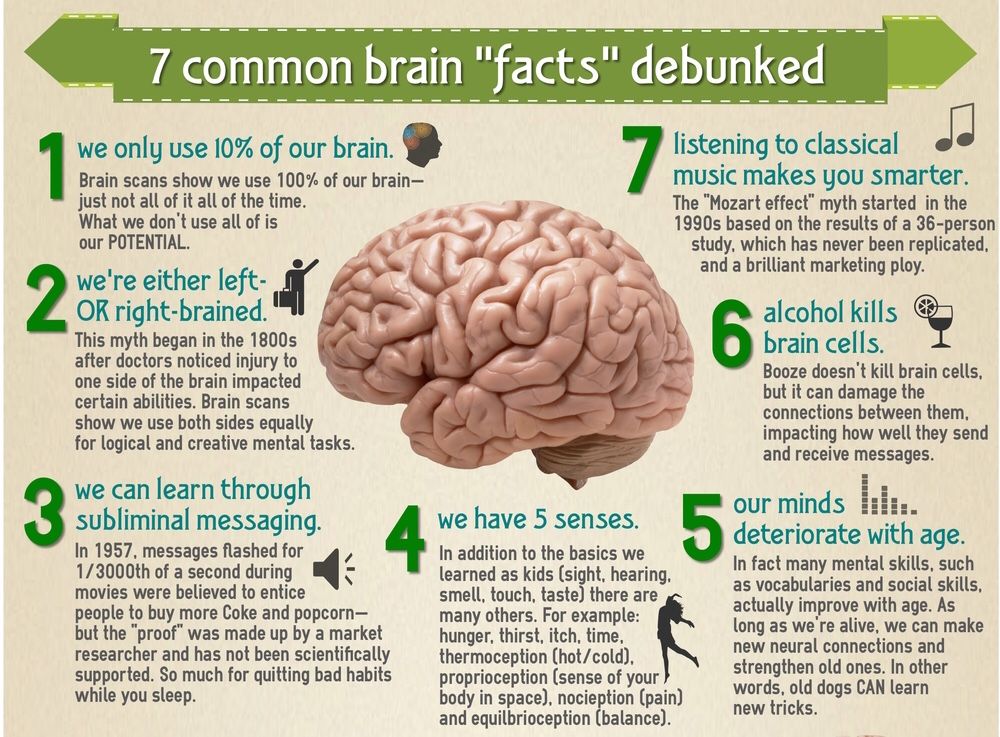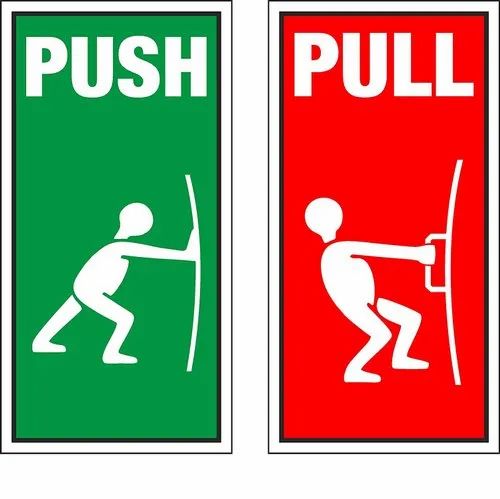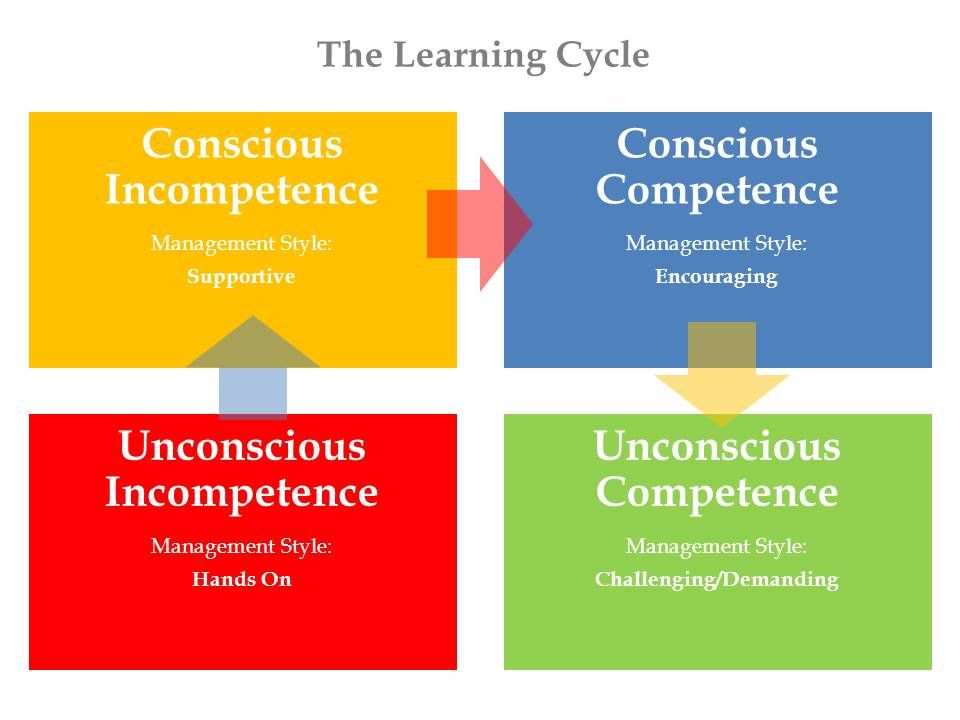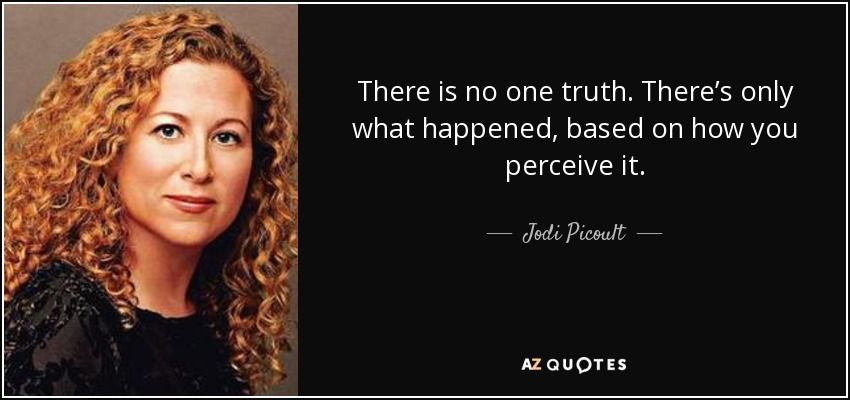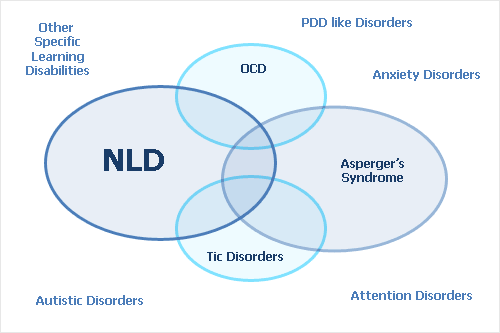Ways to get help
Health Insurance and Mental Health Services
Do you have Insurance Questions about Mental Health or Addiction Services?
Help is available, if you have:
- Been denied coverage
- Reached a limit on your plan (such as copayments, deductibles, yearly visits, etc.)
- Have an overly large copay or deductible
You may be protected by Mental Health and Substance Use Disorder Coverage Parity laws require most health plans to apply similar rules to mental health benefits as they do for medical/surgical benefits. Select your insurance type below for more about the protections that apply for you, and to get assistance information. There are Federal and State Agencies who can provide assistance.
Q: Does the Affordable Care Act require insurance plans to cover mental health benefits?
Answer: As of 2014, most individual and small group health insurance plans, including plans sold on the Marketplace are required to cover mental health and substance use disorder services. Medicaid Alternative Benefit Plans also must cover mental health and substance use disorder services. These plans must have coverage of essential health benefits, which include 10 categories of benefits as defined under the health care law. One of those categories is mental health and substance use disorder services. Another is rehabilitative and habilitative services. Additionally, these plans must comply with mental health and substance use parity requirements, as set forth in MHPAEA, meaning coverage for mental health and substance abuse services generally cannot be more restrictive than coverage for medical and surgical services.
Q: How do I find out if my health insurance plan is supposed to be covering mental health or substance use disorder services in parity with medical and surgical benefits? What do I do if I think my plan is not meeting parity requirements?
Answer: In general, for those in large employer plans, if mental health or substance use disorder services are offered, they are subject to the parity protections required under MHPAEA.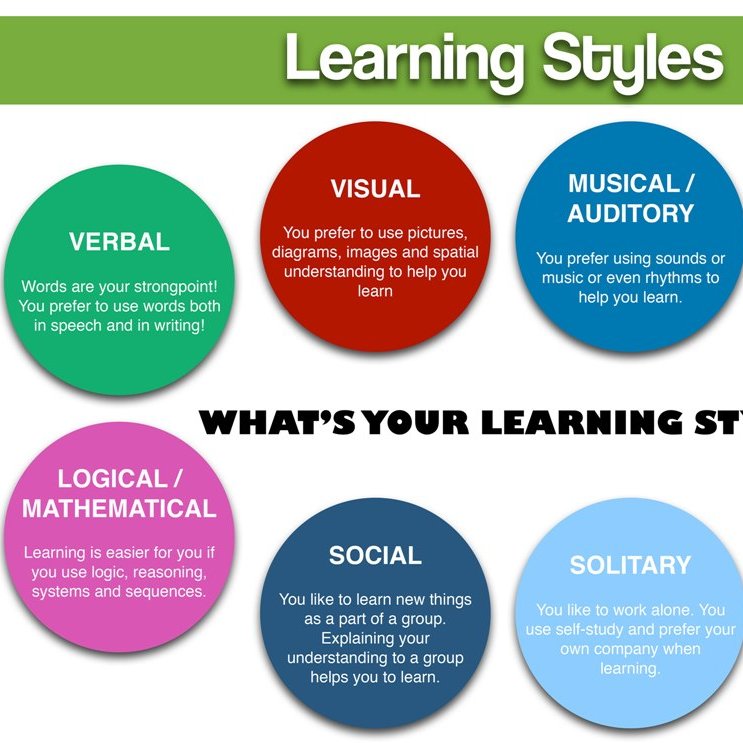 And, as of 2014, for most small employer and individual plans, mental health and substance use disorder services must meet MHPAEA requirements.
And, as of 2014, for most small employer and individual plans, mental health and substance use disorder services must meet MHPAEA requirements.
If you have questions about your insurance plan, we recommend you first look at your plan’s enrollment materials, or any other information you have on the plan, to see what the coverage levels are for all benefits. Because of the Affordable Care Act, health insurers are required to provide you with an easy-to-understand summary about your benefits including mental health benefits, which should make it easier to see what your coverage is. More information also may be available via the Mental Health and Addiction Insurance Help consumer portal prototype and with your state Consumer Assistance Program (CAP). Additional, helpful information on what you can do to better understand the parity protections you have is available in Know your Rights: Parity for Mental Health and Substance Use Disorder Benefits.
Q: Does Medicaid cover mental health or substance use disorder services?
Answer: All state Medicaid programs provide some mental health services and some offer substance use disorder services to beneficiaries, and Children’s Health Insurance Program (CHIP) beneficiaries receive a full service array.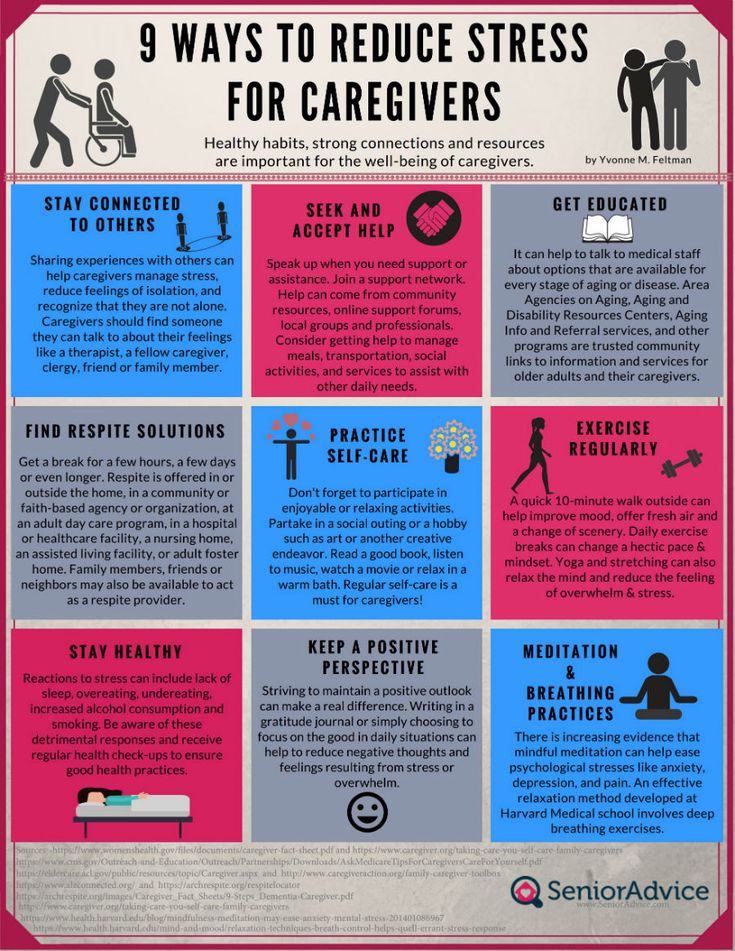 These services often include counseling, therapy, medication management, social work services, peer supports, and substance use disorder treatment. While states determine which of these services to cover for adults, Medicaid and CHIP requires that children enrolled in Medicaid receive a wide range of medically necessary services, including mental health services. In addition, coverage for the new Medicaid adult expansion populations is required to include essential health benefits, including mental health and substance use disorder benefits, and must meet mental health and substance abuse parity requirements under MHPAEA in the same manner as health plans. Find additional information on Medicaid and mental health and substance use disorder services.
These services often include counseling, therapy, medication management, social work services, peer supports, and substance use disorder treatment. While states determine which of these services to cover for adults, Medicaid and CHIP requires that children enrolled in Medicaid receive a wide range of medically necessary services, including mental health services. In addition, coverage for the new Medicaid adult expansion populations is required to include essential health benefits, including mental health and substance use disorder benefits, and must meet mental health and substance abuse parity requirements under MHPAEA in the same manner as health plans. Find additional information on Medicaid and mental health and substance use disorder services.
Q: Does Medicare cover mental health or substance use disorder services?
Answer: Yes, Medicare covers a wide range of mental health services.
Medicare Part A (Hospital Insurance) covers inpatient mental health care services you get in a hospital.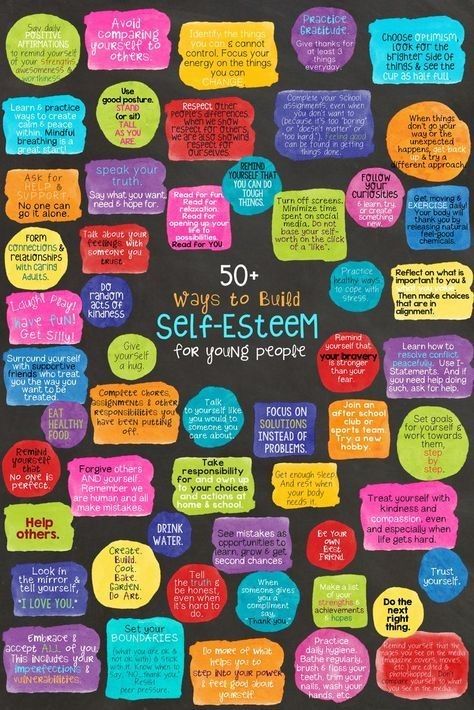 Part A covers your room, meals, nursing care, and other related services and supplies.
Part A covers your room, meals, nursing care, and other related services and supplies.
Medicare Part B (Medical Insurance) helps cover mental health services that you would generally get outside of a hospital, including visits with a psychiatrist or other doctor, visits with a clinical psychologist or clinical social worker, and lab tests ordered by your doctor.
Medicare Part D (Prescription Drug ) helps cover drugs you may need to treat a mental health condition. Each Part D plan has its own list of covered drugs, known as formulary. Learn more about which plans cover various drugs.
If you get your Medicare benefits through a Medicare Advantage Plan (like an HMO or PPO) or other Medicare health plan, check your plan’s membership materials or call the plan for details about how to get your mental health benefits.
If you get your Medicare benefits through traditional Medicare (not a Medicare Advantage plan) and want more information, visit Medicare and Your Mental Health Benefits (PDF | 879 KB).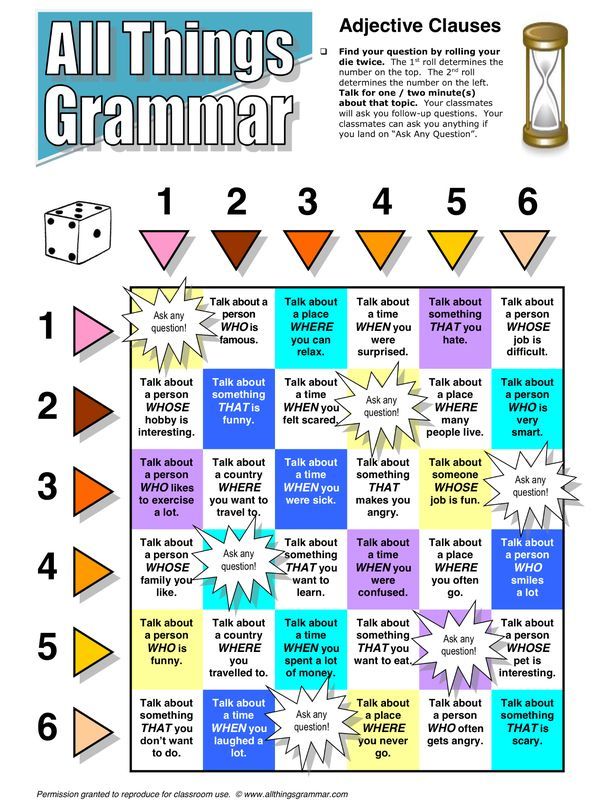 To see if a particular test, item or service is covered, please visit the Medicare Coverage Database.
To see if a particular test, item or service is covered, please visit the Medicare Coverage Database.
Q. What can I do if I think I need mental health or substance use disorder services for myself or family members?
Here are three steps you can take right now:
- Learn more about how you, your friends, and your family can obtain health insurance coverage provided by Medicaid or CHIP or the Health Insurance Marketplaces by visiting HealthCare.gov.
- Find out more about how the law is expanding coverage of mental health and substance use disorder benefits and federal parity protections:
- Find help in your area with the Behavioral Health Treatment Services Locator or the Find a Health Center.
Q: What is the Health Insurance Marketplace?
The Health Insurance Marketplace is designed to make buying health coverage easier and more affordable. The Marketplace allows individuals to compare health plans, get answers to questions, find out if they are eligible for tax credits to help pay for private insurance or health programs like the Children’s Health Insurance Program (CHIP), and enroll in a health plan that meets their needs.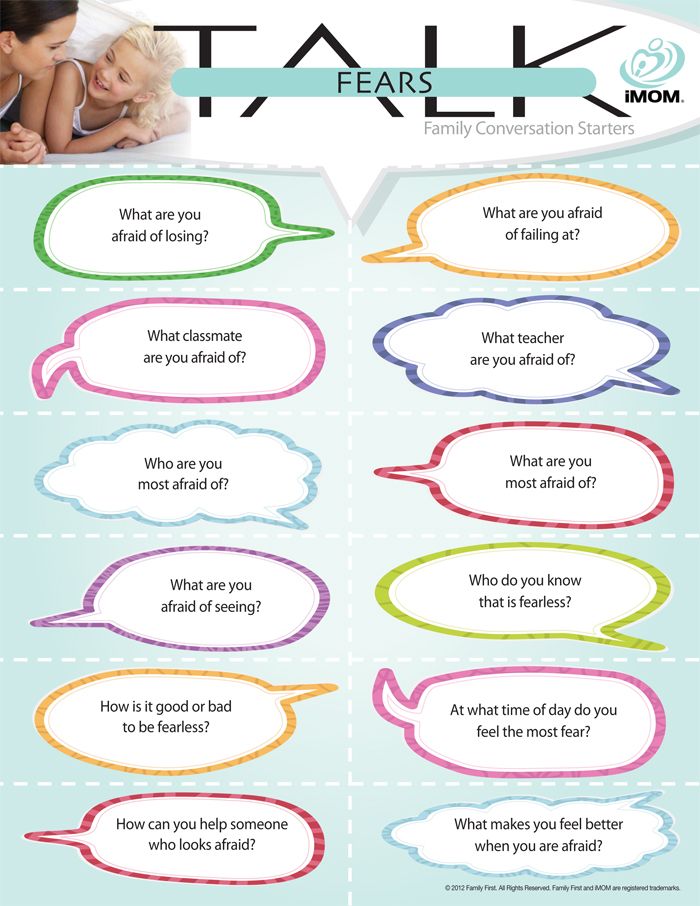 The Marketplace Can Help You:
The Marketplace Can Help You:
- Look for and compare private health plans.
- Get answers to questions about your health coverage options.
- Get reduced costs, if you’re eligible.
- Enroll in a health plan that meets your needs.
Learn more at HealthCare.gov.
Last Updated: 03/18/2020
NIMH » Help for Mental Illnesses
Esta página también está disponible en español.
If you or someone you know has a mental illness, is struggling emotionally, or has concerns about their mental health, there are ways to get help. Use these resources to find help for you, a friend, or a family member.
Please note that the National Institute of Mental Health (NIMH) is a research funding agency. Resources on this page are provided for informational purposes only. The list is not comprehensive and does not constitute an endorsement by NIMH.
Get Immediate Help in a Crisis
Call 911 if you or someone you know is in immediate danger or go to the nearest emergency room.
988 Suicide & Crisis Lifeline
Call or text 988; Llame al 988 (para ayuda en español)
Use Lifeline Chat on the web (English only)
The Lifeline provides 24-hour, confidential support to anyone in suicidal crisis or emotional distress. Call or text 988 to connect with a trained crisis counselor.
Veterans Crisis Line
Use Veterans Crisis Chat on the web
The Veterans Crisis Line is a free, confidential resource that connects veterans 24 hours a day, 7 days a week with a trained responder. The service is available to all veterans and those who support them, even if they are not registered with the VA or enrolled in VA healthcare.
Disaster Distress Helpline
Call or text 1-800-985-5990
The disaster distress helpline provides immediate crisis counseling for people who are experiencing emotional distress related to any natural or human-caused disaster. The helpline is free, multilingual, confidential, and available 24 hours a day, 7 days a week.
The helpline is free, multilingual, confidential, and available 24 hours a day, 7 days a week.
If you are worried about a friend’s social media updates, you can contact safety teams at the social media company. They will reach out to connect the person with the help they need.
View the 5 action steps for helping someone in emotional pain infographic to see how you can help those in distress.
Find a Health Care Provider or Treatment
Treatment for mental illnesses usually consists of therapy, medication, or a combination of the two. Treatment can be given in person or through a phone or computer (telemental health). It can sometimes be difficult to know where to start when looking for mental health care, but there are many ways to find a provider who will meet your needs.
Primary Care Provider: Your primary care practitioner can be an important resource, providing initial mental health screenings and referrals to mental health specialists.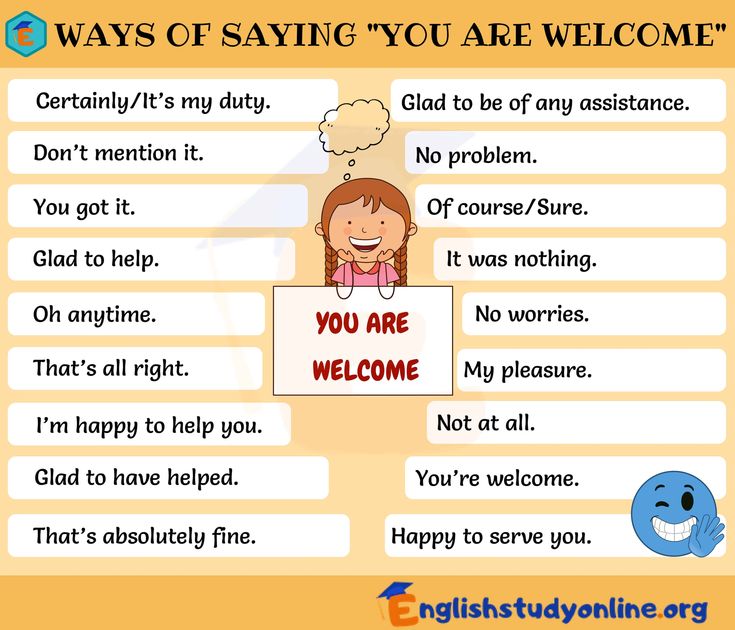 If you have an appointment with your primary care provider, consider bringing up your mental health concerns and asking for help.
If you have an appointment with your primary care provider, consider bringing up your mental health concerns and asking for help.
Federal Resources: Some federal agencies offer resources for identifying health care providers and help in finding low-cost health services. These include:
- Substance Abuse and Mental Health Services Administration (SAMHSA): For general information on mental health and to locate treatment services in your area, call SAMHSA's National Helpline at 1-800-662-HELP (4357). SAMHSA also has a Behavioral Health Treatment Services Locator on its website that can be searched by location.
- Health Resources and Services Administration (HRSA): HRSA works to improve access to health care. The HRSA website has information on finding affordable healthcare, including health centers that offer care on a sliding fee scale.
- Centers for Medicare & Medicaid Services (CMS): CMS has information on its website about benefits and eligibility for mental health programs and how to enroll.
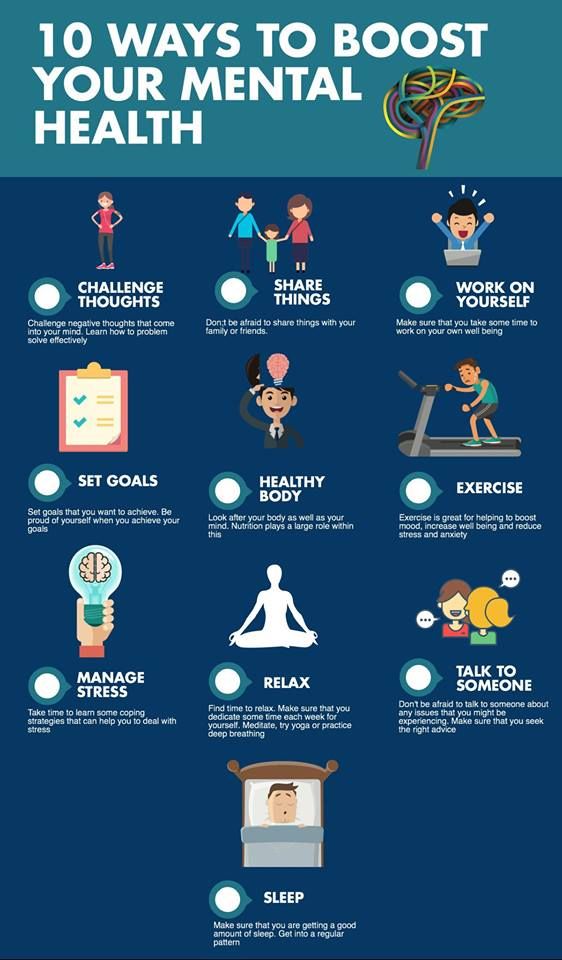
- The National Library of Medicine (NLM) MedlinePlus: NLM’s website has directories and lists of organizations that can help in identifying a health practitioner.
National Agencies and Advocacy and Professional Organizations: Advocacy and professional organizations can be a good source of information when looking for a mental health professional. They often have information on finding a mental health professional on their website, and some have practitioner locators on their websites. Examples include but are not limited to:
- Anxiety and Depression Association of America
- Depression and Bipolar Support Alliance
- Mental Health America
- National Alliance on Mental Illness
State and County Agencies: The website of your state or county government may have information about health services in your area. You may be able to find this information by visiting their websites and searching for the health services department.
Insurance Companies: If you have health insurance, a representative of your insurance company will know which local providers are covered by your insurance plan. The websites of many health insurance companies have searchable databases that allow you to find a participating practitioner in your area.
University, College, or Medical Schools: Your local college, university, or medical school may offer treatment options. To find these, try searching on the website of local university health centers for their psychiatry, psychology, counseling, or social work departments.
Help for Service Members and Their Families: Current and former service members may face different mental health issues than the general public. For resources for both service members and veterans, please visit:
- MentalHealth.gov
- U.S. Department of Veteran Affairs
Deciding if a Provider is Right for You
Once you find a potential provider it can be helpful to prepare a list of questions to help you decide if they are a good fit for you.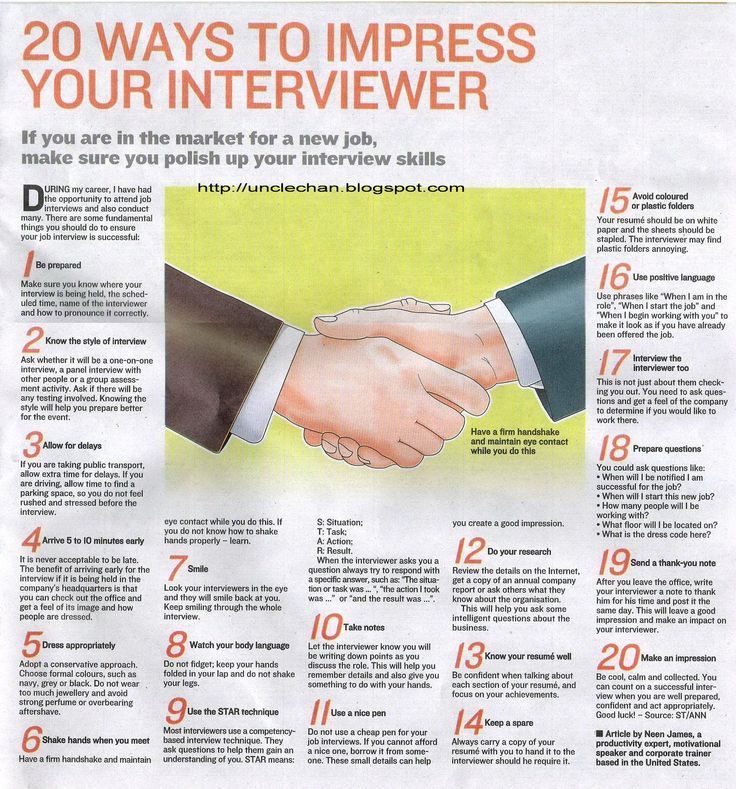 Examples of questions you might want to ask a potential provider include:
Examples of questions you might want to ask a potential provider include:
- What experience do you have treating someone with my issue?
- How do you usually treat someone with my issue?
- How long do you expect treatment to last?
- Do you accept my insurance?
- What are your fees?
Find more tips for talking with a health care provider about your mental health.
Treatment works best when you have a good relationship with your mental health professional. If you aren’t comfortable or are feeling like the treatment is not helping, talk with your provider, or consider finding a different provider or another type of treatment.
Children and adolescents that don't have a mental health professional should consider speaking with a health care provider or another trusted adult.
Do not stop current treatment without talking to your health care provider.
Join a Study
Clinical trials are research studies that look at new ways to prevent, detect, or treat diseases and conditions, including mental illnesses.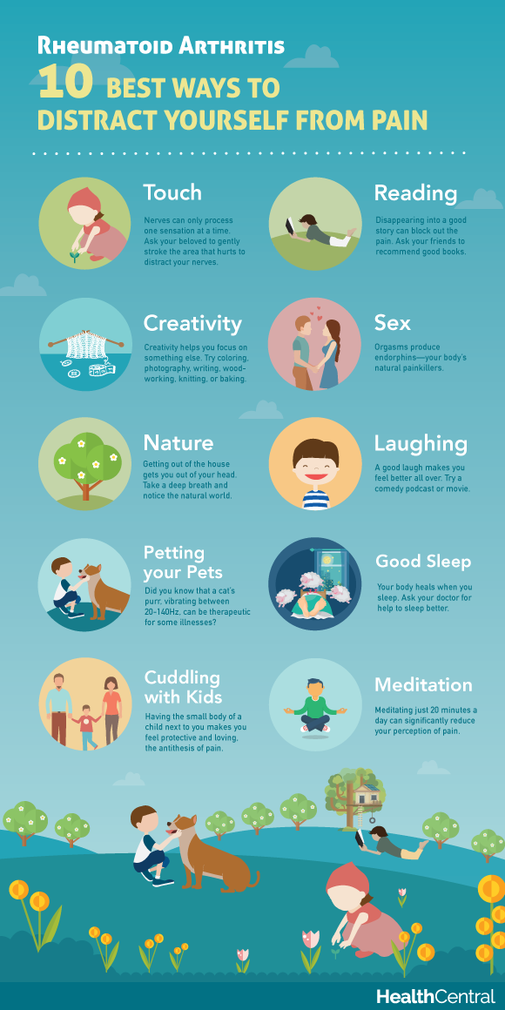 The goal of clinical trials is to determine if a new test or treatment works and is safe.
The goal of clinical trials is to determine if a new test or treatment works and is safe.
Although individual participants may benefit from being part of a clinical trial, participants should be aware that the primary purpose of a clinical trial is to gain new scientific knowledge so that others may be better helped in the future.
Researchers at NIMH and around the country conduct many studies with patients and healthy volunteers. We have new and better treatment options today because of what clinical trials uncovered years ago.
Be part of tomorrow’s medical breakthroughs. Talk to your health care provider about clinical trials, their benefits and risks, and if one is right for you.
Learn more about participating in clinical trials.
Learn More about Mental Disorders
NIMH offers offers basic information on mental disorders and a range of related topics. Printed publications can be ordered for free and are available in English and Spanish. Order online (haga su pedido por el Internet en español) or call 1-866-615-6464.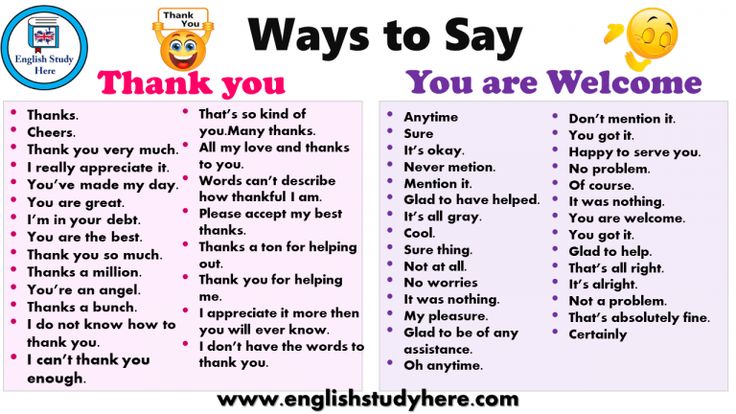
Contact Us
For all mental health-related questions, requests for copies of publications, and inquiries concerning NIMH research, policies, and priorities, please reach out to the NIMH Information Resource Center using the contact information provided below:
Telephone
1-866-615-6464 (toll-free)
Available in English and Spanish
Monday through Friday
8:30 a.m.–5:00 p.m. ET
Live Online Chat
Live Help
Available in English and Spanish
Monday through Friday
8:30 a.m.–5:00 p.m. ET
Email Us: [email protected]
Available in English and Spanish
Please note: NIMH is a research funding agency. We cannot provide medical advice or practitioner referrals. If you need medical advice or a second opinion, please consult your healthcare provider. Resources on this page are provided for informational purposes only. The list is not comprehensive and does not constitute an endorsement by NIMH.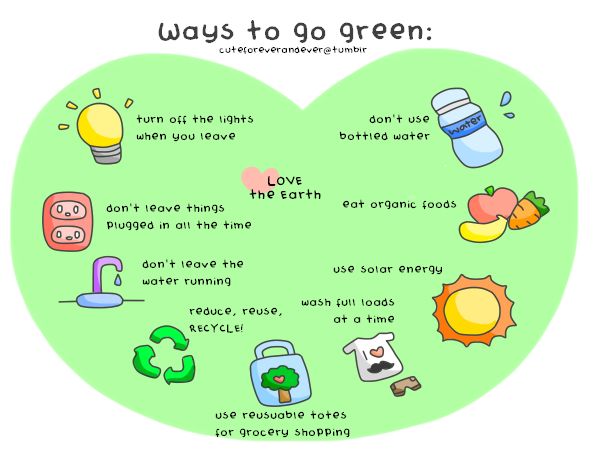
Last Reviewed: November 2022
how to get from the employer, a sample application for financial assistance, the amount of payments
Irina Artemova
accountant
Author profile
At work, you can receive a payment that is not related to work.
This could be financial assistance in connection with the birth of a child, an anniversary, a wedding, the death of a close relative, or another event in the worker's life.
Employers are not required to financially support employees. Therefore, before counting on a payment, find out if your company provides financial assistance. If yes, write an application and wait for the decision of the head. nine0003
I'll tell you how to find out if you qualify for financial assistance, how to write an application to get your request approved, how to get a payment and deal with taxes.
What is financial assistance
Financial assistance is a social payment.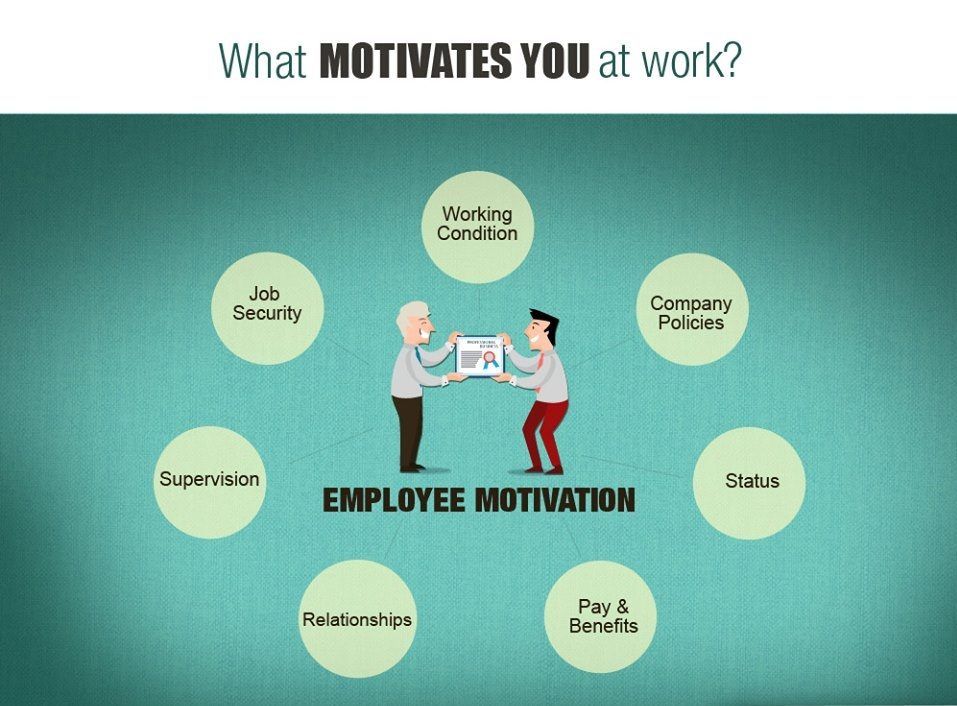 You receive money not for work, but in connection with life circumstances - I will talk about them in more detail below.
You receive money not for work, but in connection with life circumstances - I will talk about them in more detail below.
You can receive financial assistance at the place of work if the employer has provided for this type of support. Some companies provide assistance to family members of employees and even former employees, but this is rare. nine0003
Who is entitled to. Since the employer is not obliged to provide financial assistance to employees, he decides to whom and how to pay it. He can fix support measures in a local act if he wants to clearly indicate to whom and when he can allocate assistance.
/prava/employer/
Employers' rights
The document may be referred to, for example, as a provision on financial assistance. But this is not necessary - the employer can include the conditions and amount of payments in the internal labor regulations, in the regulation on remuneration or other internal document. If a collective agreement is concluded with employees, material assistance may be a section of such an agreement. nine0003
If a collective agreement is concluded with employees, material assistance may be a section of such an agreement. nine0003
Documents on material assistance indicate what types of assistance the employer allocates, in what amount and in what order employees receive it.
To find out if your company provides financial assistance, you can contact your accountant or personnel officer. Usually, such documents are introduced at the time of employment, and if the local act is adopted later, at the moment of adoption. But you can get acquainted with them at any time. The document must be shown within three working days after your written request.
Art. 62 Labor Code of the Russian Federation
Who pays. Financial assistance is paid by the employer - an organization or an individual entrepreneur. In the article, I will tell you in detail about this type of support.
Members of trade union organizations can also count on the help of a trade union if it has a provision for financial assistance.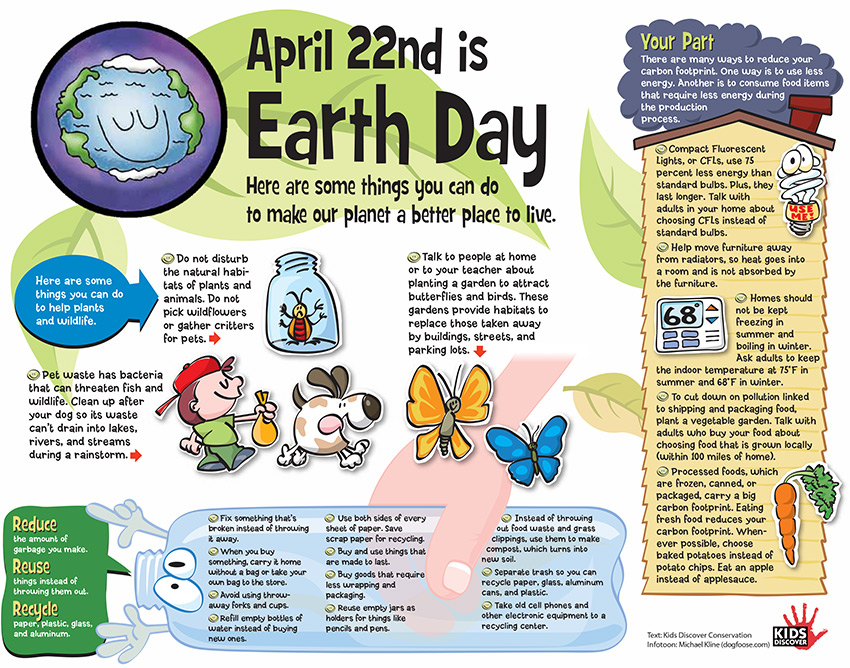 An educational institution can provide assistance to students and graduate students. And in emergency situations, you can get financial assistance from the budget - I will also briefly talk about this type of assistance. nine0003
An educational institution can provide assistance to students and graduate students. And in emergency situations, you can get financial assistance from the budget - I will also briefly talk about this type of assistance. nine0003
/guide/lgoty-studentam/
Benefits, allowances and discounts for students
Types of material assistance
Employers can financially help employees in connection with any significant or financially costly event in their lives. They can also provide assistance periodically: for example, on vacations, round dates, professional holidays. Here are the most popular types of financial assistance.
At the birth of a child. An employer can pay financial assistance when they receive documents - a birth certificate or documents on adoption or adoption. For this reason, they often pay up to 50,000 R. This is due to tax benefits. nine0003
Financial assistance up to 50,000 R per child is not subject to personal income tax and contributions if it was paid to a parent or adoptive parent before the child is one year old.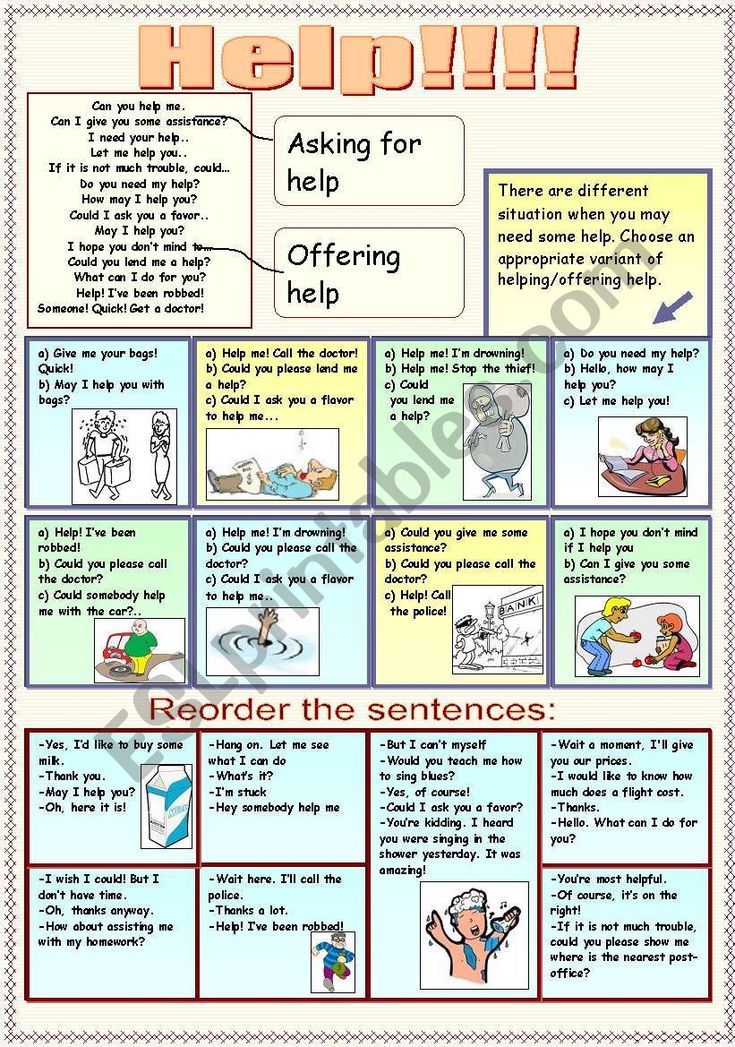
Section 8, Art. 217, paragraph 1 of Art. 422 NK RF
At the same time, up to 50,000 R can be paid to each parent, even if they work in the same company, and not subject to taxes and contributions.
Letter of the Ministry of Finance dated March 21, 2018 No. 03-04-06/17568
Due to the death of a family member. An employer can pay financial assistance in connection with the death of a family member in the amount provided for in the documents. The amount can be any. nine0003
Usually, in order to receive a payment, an employee must submit documents that confirm relationship and death: for example, a marriage or birth certificate and a death certificate.
In emergencies. An emergency is a situation in a certain territory that has developed as a result of an accident, a natural hazard, a catastrophe, the spread of a socially dangerous disease, or a natural disaster. The state of emergency is declared by the authorities.
What to do? 04/17/20
What does the emergency regime really mean for ordinary citizens?
If an emergency situation is declared in a region, city or village, the victims must receive payment from the federal budget. The amount of material assistance in emergency situations is established by the state. It also pays aid.
st. 18 of the Law "On the Protection of the Population and Territories from Emergencies"
Amount of financial assistance in emergency situations
| For what damage is paid | Amount of financial assistance |
|---|---|
| Total payment | 10,000 R per person |
| For loss of essential property | 50,000 R per person, if property is partially lost 100,000 R per person — if completely |
| For injury | 200,000 R per person for minor harm 400,000 R per person for moderate or severe harm |
| For the death of the victim | 1,000,000 R for each deceased, the amount will be shared by all family members burial allowance in the amount established by the local administration |
For what damage is paid
The size of the Mature of
General payment
10 000 R per person 9000,0002 for the loss of primary necessity
50 000 r per person for a part
100,000 R per person — if in full
For damage to health
200,000 R per person for minor harm
400,000 R per person for moderate or severe injury
For the death of the injured
for each 1 900 , the amount will be shared by all family membersburial allowance in the amount set by the local administration
Assistance from the budget people receive only as a result of a major emergency. Assistance in personal incidents - if a fire broke out in an apartment, neighbors flooded, a person got into an accident - is provided by the employer, but only if he wants and can. Also, the employer can pay assistance in addition to the budget if the employee has suffered or lost property as a result of an emergency. nine0003
Assistance in personal incidents - if a fire broke out in an apartment, neighbors flooded, a person got into an accident - is provided by the employer, but only if he wants and can. Also, the employer can pay assistance in addition to the budget if the employee has suffered or lost property as a result of an emergency. nine0003
For other reasons. An employer can also provide one-time financial assistance for a wedding, birthday or anniversary. Money for vacations and professional holidays is usually paid on a regular basis. And this is financial assistance, not bonuses. But there may be one-time payments.
What to do? 06/10/20
Who can receive financial assistance from universities?
How to arrange the payment of financial assistance
It is better to clarify the rules for the payment of material assistance in a company with an accountant and personnel officer. They will tell you what application to write and what documents to attach to it. nine0003
nine0003
Usually, the employee writes an application and attaches supporting documents. The manager reviews the application and either instructs to prepare an order for payment, or refuses the request. In some cases, financial assistance is issued at the initiative of the employer without the application of the employee - for example, for an anniversary.
Application for financial assistance. In the application, you can indicate the amount you are asking to issue. If you know the details of the provision on financial assistance, refer to it. This will speed up the decision of the leader. nine0003
/prava/rabota/
Your rights at work
Ask for an application form for financial assistance from the HR or accounting department. If it is not there, the application can be made in free form: formulate a request for payment and name the circumstances due to which assistance is required. Be sure to date and sign.
Sample application for financial assistance Supporting documents. The employee must confirm with documents that he is entitled to material assistance. For example, to receive a payment in connection with the birth of a child, a copy of the birth certificate must be attached to the application. nine0003
The employee must confirm with documents that he is entitled to material assistance. For example, to receive a payment in connection with the birth of a child, a copy of the birth certificate must be attached to the application. nine0003
When eligibility is based on kinship, the employer's records will indicate which members of the employee's family are in question. For example, the provision may contain the following wording: "Material assistance is provided to an employee in connection with the death of a family member (spouse or spouse, parents, brothers or sisters, children)".
If the employer did not indicate the degree of relationship in the documents, most likely he is guided by the provisions of the family code. By law, family members include only spouses, parents and children, adoptive parents and adopted children. nine0003
Art. 2 SK RF
Documents that confirm the degree of relationship
| Document | Relationship with which family member confirms |
|---|---|
| Child's birth certificate | Child |
| Marriage certificate | Spouse |
| Birth certificate of the employee himself, documents confirming the change of the name of the employee or his parents | Parents |
Document
A relationship with which member of the family confirms
Certificate of Birth of a child
Child
Certificate of Marriage
, Wife
Certificate of birth of the employee himself, Documents confirming the change in the name of the employee or his parents
Parents
In order to receive financial assistance at work in connection with emergencies, most likely, you will have to submit a certificate from the police or the Ministry of Emergency Situations.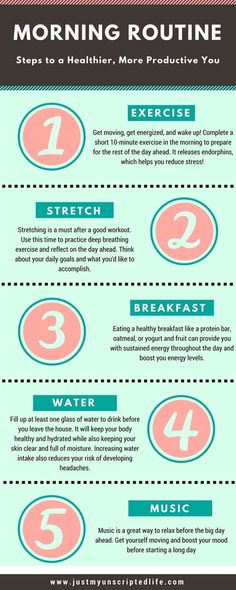 nine0003
nine0003
Expenses for treatment, rehabilitation, medicines are confirmed by contracts and cash receipts.
Order for financial assistance. The accountant will pay financial assistance when he receives an order from the head. The order will contain the name of the employer, the full name of the employee being assisted, the amount and the signature of the head. Also, the order may specify the term and form of payment.
The employee and the accountant are introduced to the order under the signature. So the employee will know that the payment was approved, and the accountant will see the amount and terms of payment. nine0003
/give-me-money/
What the employer owes you besides salary
Sample order for financial assistanceHow financial assistance is paid
Financial assistance will be paid in one of the ways that the employer uses: they will be given in cash at the cash desk, transferred to the salary card , will make a postal order.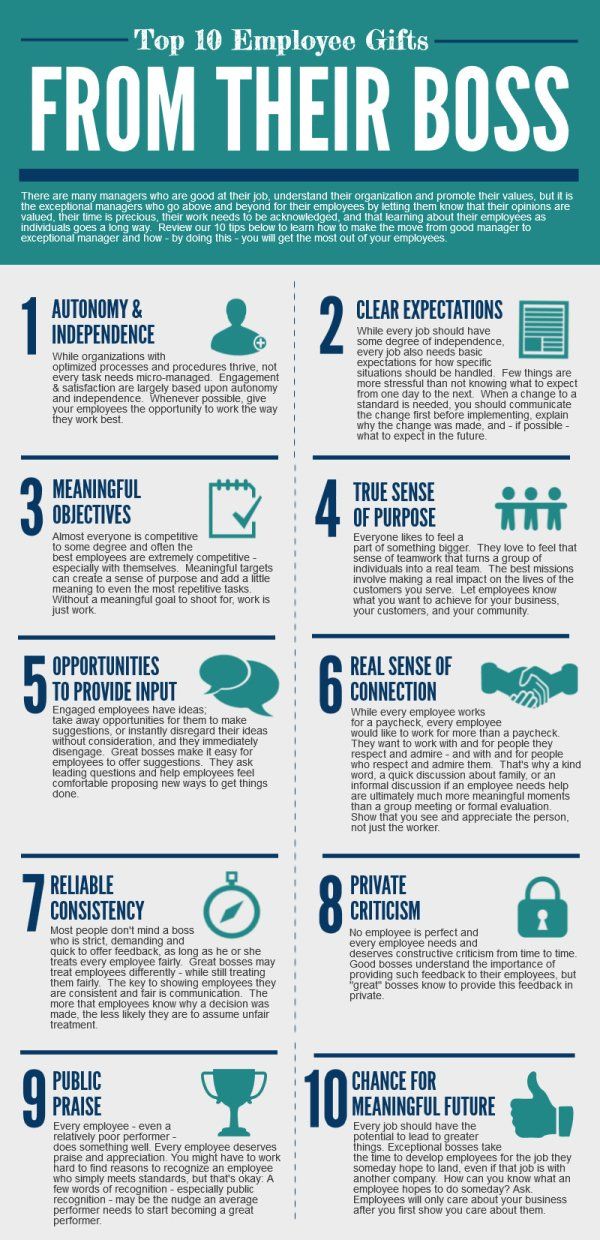 Most often, financial assistance is paid in the same way as a salary. In the purpose of payment, the accountant will indicate the details of the payment order.
Most often, financial assistance is paid in the same way as a salary. In the purpose of payment, the accountant will indicate the details of the payment order.
Payment terms. nine0024 The money will be paid to the employee within the terms specified in the regulation, the collective agreement or in the order for the allocation of financial assistance. This can be a specific date or a specific period - for example, within two weeks from the date the order was issued. Usually, financial assistance is transferred on the next day of the salary payment.
/be-safe-bro/
Employer and labor protection rules
How to calculate the amount of financial assistance
There is material assistance that is not subject to personal income tax in full, but there is one that is not subject to personal income tax within the established limits. If financial assistance is not included in the list of tax-free payments or exceeds the limit, the employer will withhold personal income tax from it - 13%.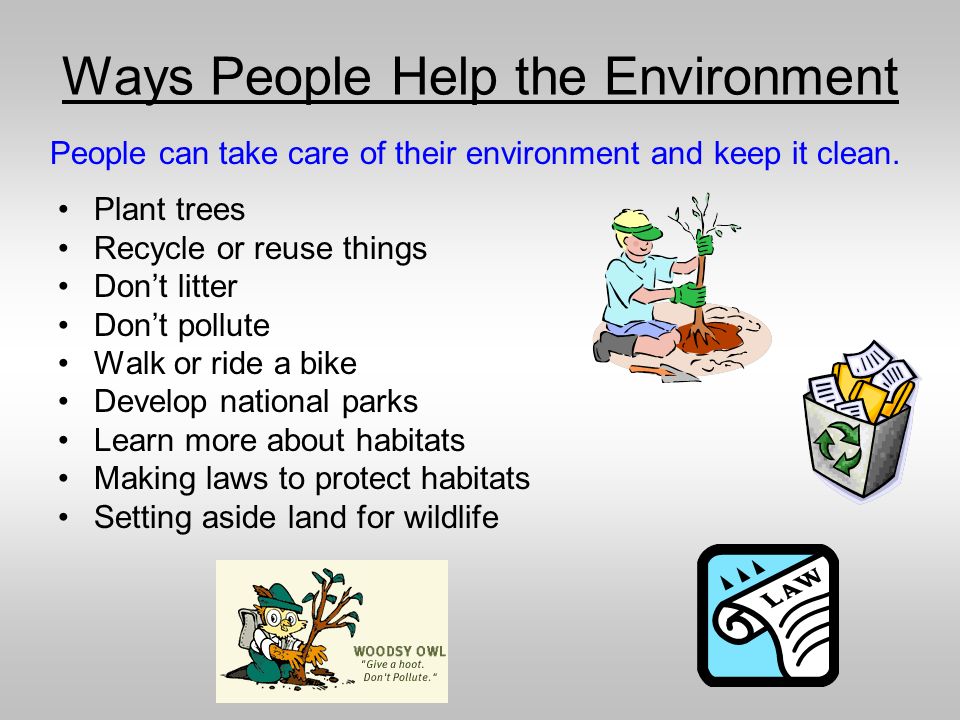 nine0003
nine0003
paras. 8, 28, 31, 33, 46 217 Tax Code of the Russian Federation
Financial assistance, completely exempt from personal income tax. The following types of financial assistance are not taxed:
- Payment to family members of a deceased employee or retired former employee.
- Payment to an employee or former employee in connection with the death of a family member.
- Support for a person with a disability from a public organization.
- Financial assistance from a university or college. nine0278
- Payment from the trade union through membership dues.
- Compensation from the state or employer to victims of terrorist acts on the territory of the Russian Federation, natural disasters or other emergencies, as well as members of their families.
Financial assistance partially exempt from personal income tax. These are all other types of financial assistance. For example, the limit of payments for anniversaries and professional holidays, which is not subject to personal income tax, is 4000 R per year per person.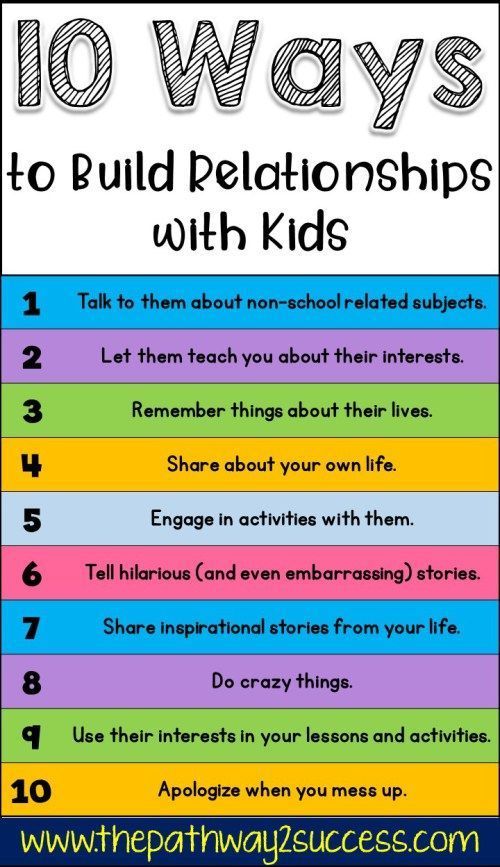 nine0003
nine0003
LLC Vesna has a provision on financial assistance, according to which employees are allocated 2,000 RUR for anniversaries, and 3,000 RUR for a professional holiday.
this payment of personal income tax was not withheld, since this is the first material assistance to Kirill in 2022 and it is less than 4000 R. The remainder of the non-taxable limit is 2000 R. of this amount, the accountant withheld personal income tax: (3000 R − 2000 R) × 13% = 130 R.
Kirill received: 3000 p-130 p = 2870 r.
/ nalog-na-dohody /
What is personal income tax
, which is not taxed by personal income tax within the limit
Type of material assistance
limit, which is not subject to personal income tax
due to birth, adoption, rejection of the child, the establishment of guardianship
50 000 r for one child
for any reason, for any reason, for any reason, for any reason.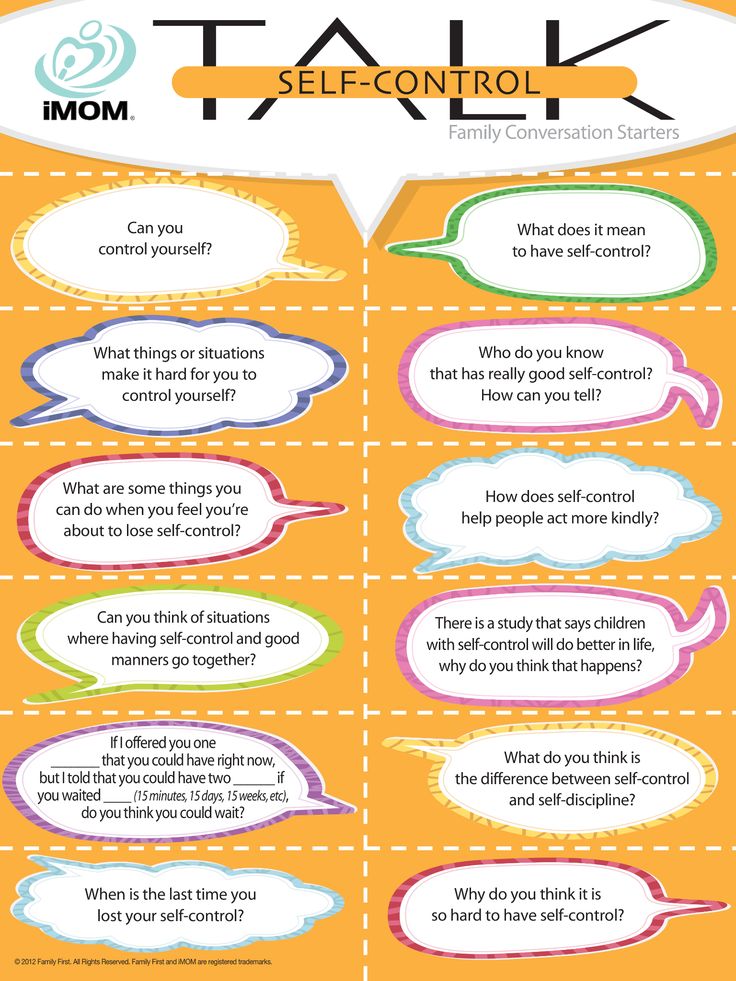 which the employer himself determined
which the employer himself determined
4,000 R per year
Financial assistance to people with disabilities
10,000 R per year
Taxation of material assistance
When an employer decides to pay an employee money, it is important for him to understand what is happening with taxes. The payment of material assistance does not reduce taxes, regardless of the amount. And she is not taxed with insurance premiums only in some cases. Therefore, when an employer pays financial assistance to an employee, he may also be indebted to the budget.
If the employer refuses to pay material assistance, this may be due to the fact that he does not have money from which taxes have already been paid and which can be disposed of freely.
Income tax. An employer on the general taxation system does not take into account financial assistance in expenses when calculating income tax.
para. 23 art. 270 of the Tax Code of the Russian Federation
A, the simplified employer does not take into account material assistance in expenses, since it is not included in the closed list of expenses.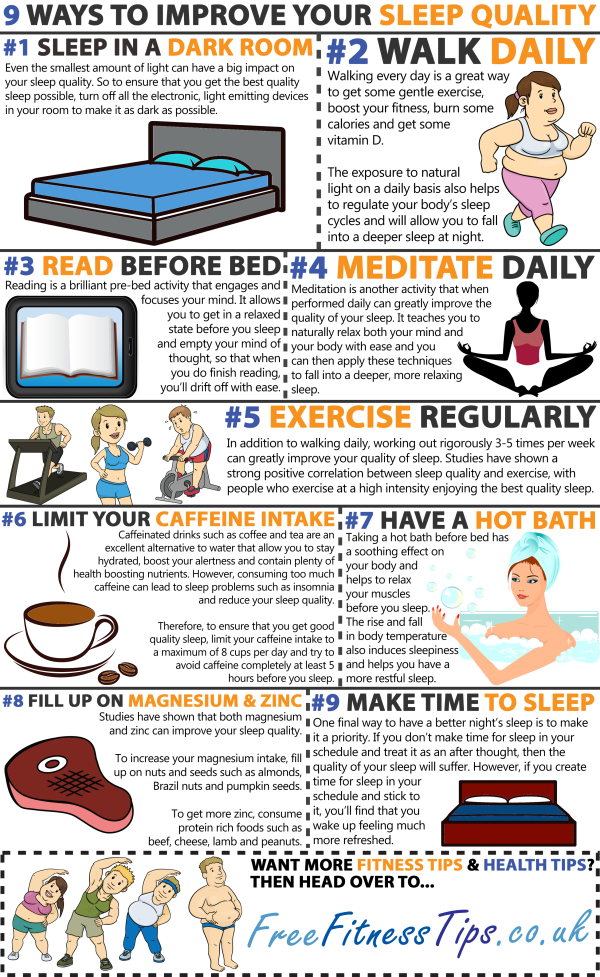 nine0003
nine0003
Art. 346.16 Tax Code of the Russian Federation
Insurance premiums. Financial assistance, which is paid in certain circumstances, is not subject to insurance premiums and injury contributions.
sub. 3 and 11 p. 1 art. 422 of the Tax Code of the Russian Federation, sub. 3 p. 1 art. 20.2 of Law No. 125-FZ
These are, for example, payments:
- in connection with a natural disaster or other emergency, as well as to people affected by terrorist acts on the territory of the Russian Federation;
- to an employee in connection with the death of a member of his family;
- parents, adoptive parents, guardians, but not more than 50,000 R for each child;
- employees in the amount of not more than 4000 R per employee per year.
Payments to former employees and other persons who are not employees in these situations are also not subject to insurance premiums.
Art. 420 of the Tax Code of the Russian Federation
In other cases, contributions to compulsory pension, social and medical insurance are accrued for material assistance.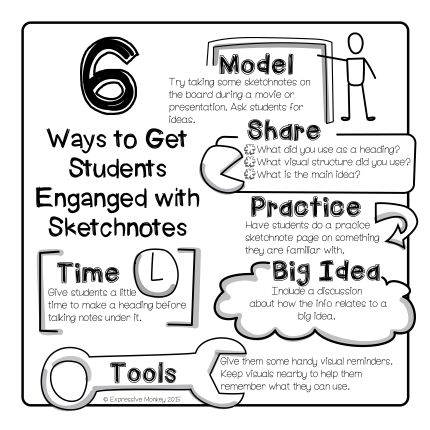 nine0003
nine0003
To receive financial assistance at work
- Make sure that the employer provides such support and find out the conditions.
- Collect documents that confirm the circumstances in connection with which you are asking for financial assistance.
- Write an application and attach supporting documents to it.
- If you do everything correctly, as provided for in the documents of the organization, the manager will consider your request and, possibly, issue an order for assistance. nine0278
- You can also ask for financial assistance when it is not provided for by company documents. In this case, the manager may refuse, or may agree to provide assistance.
How to get psychological help in Moscow for free, emergency psychological assistance service for the population
1.What is psychological help?
Psychological assistance is assistance to a person or a group of people, aimed at solving various kinds of psychological problems and difficulties.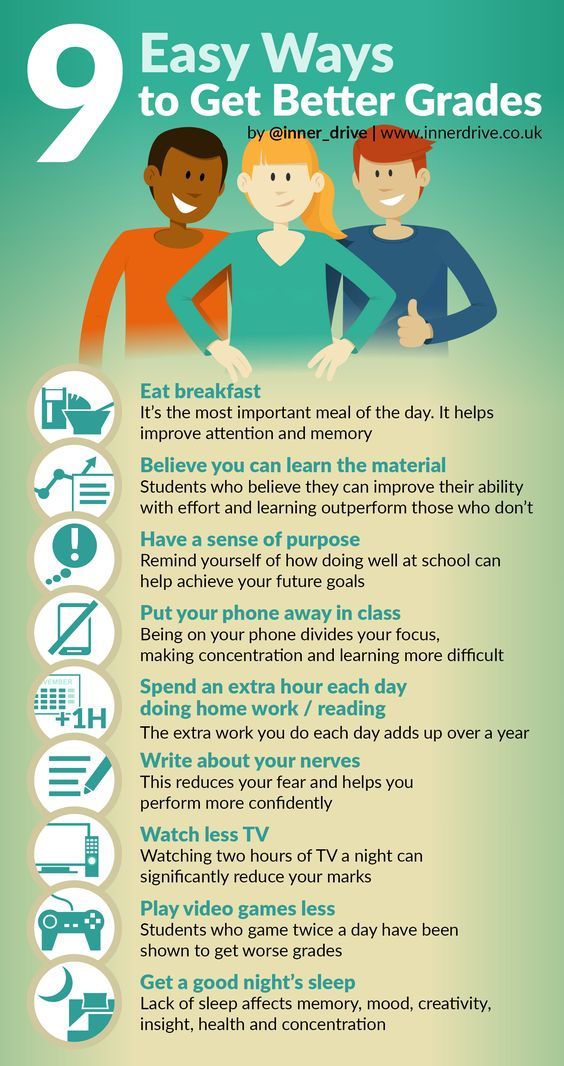 Psychological assistance includes: individual and family psychological counseling, psychological diagnostics, psychological rehabilitation, group forms of work with a psychologist (trainings, master classes, developing programs), as well as psycho-prophylactic activities - lectures, seminars, webinars. nine0003
Psychological assistance includes: individual and family psychological counseling, psychological diagnostics, psychological rehabilitation, group forms of work with a psychologist (trainings, master classes, developing programs), as well as psycho-prophylactic activities - lectures, seminars, webinars. nine0003
2. How to get face-to-face psychological help?
You can get free psychological help by making an appointment with a specialist. To do this, call the single reference number of the Moscow Service for Psychological Assistance to the Population +7 (499) 173-09-09, or to a service unit convenient for you.
Face-to-face psychological assistance provides individual and family counseling on the following psychological problems:
- family conflicts;
- child-parent and marital relations;
- problems of loss of the meaning of life;
- experiences of grief, anxieties, fears, loneliness;
- problems of personal growth and professional activity.

During the calendar year, clients are provided with: 5 psychological consultations, 2 sessions of psychological diagnostics and consultations with a clinical psychologist, 3 training programs, 8 sessions of psychological rehabilitation. nine0003
Before receiving psychological assistance, read the rules for accepting clients at the Moscow Service for Psychological Assistance to the Population.
3. How to get emergency psychological help?
If you feel that you are in an acute crisis situation, experiencing experiences that you cannot cope on your own, or are under the influence of a traumatic event, you can seek emergency psychological help. nine0003
To receive 24-hour psychological assistance remotely, call the emergency psychological assistance number:
- from a landline telephone number 051 - around the clock, the call is free;
- from a mobile phone ("MTS", "Megafon", "Beeline", "Tele2") at +7 (495) 051 - around the clock, the services of the telecom operator are paid according to the tariffs for outgoing calls.
